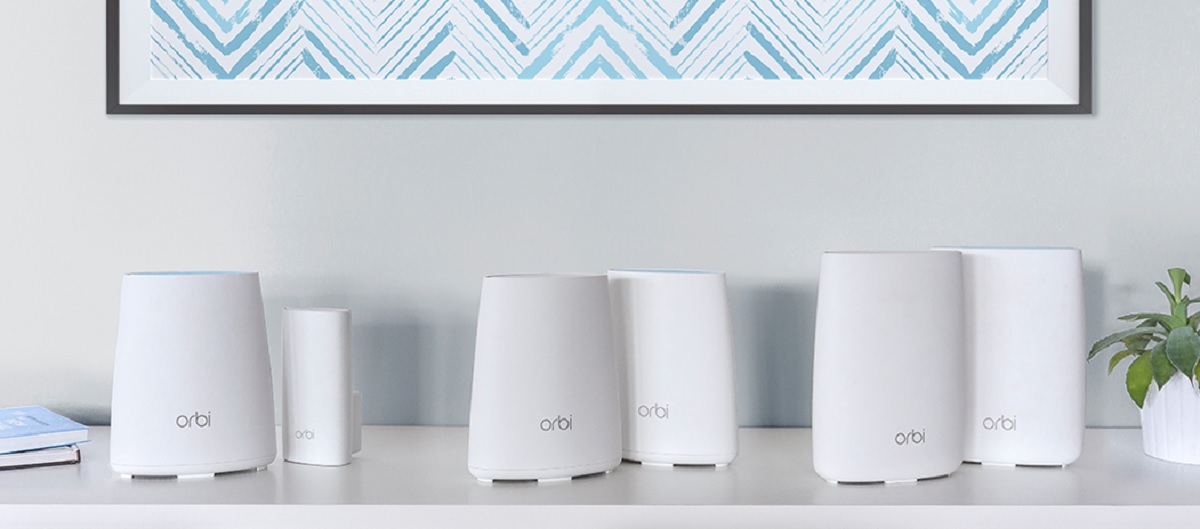I have a rather complicated home network. Its usage has skyrocketed in recent years, as the kids are always on Wi-Fi and somebody is always watching over-the-top services like Netflix while I play networked console or PC games. The number of devices we use that connect to the Internet has also gone up.
Fortunately, there are enough Netgear products to solve my challenges. If you’re a gamer, you might want to pay attention because it isn’t easy to guarantee great gaming connectivity in a house full of other people. I recently got a Orbi Wi-Fi router for the home, a Orbi Satellite, and a couple of Netgear Nighthawk S8000 8-port gaming and media switches. With those four devices, I can get speedy Internet throughout the home, no matter which way I connect.

Unlock premium content and VIP community perks with GB M A X!
Join now to enjoy our free and premium membership perks.
![]()

![]()